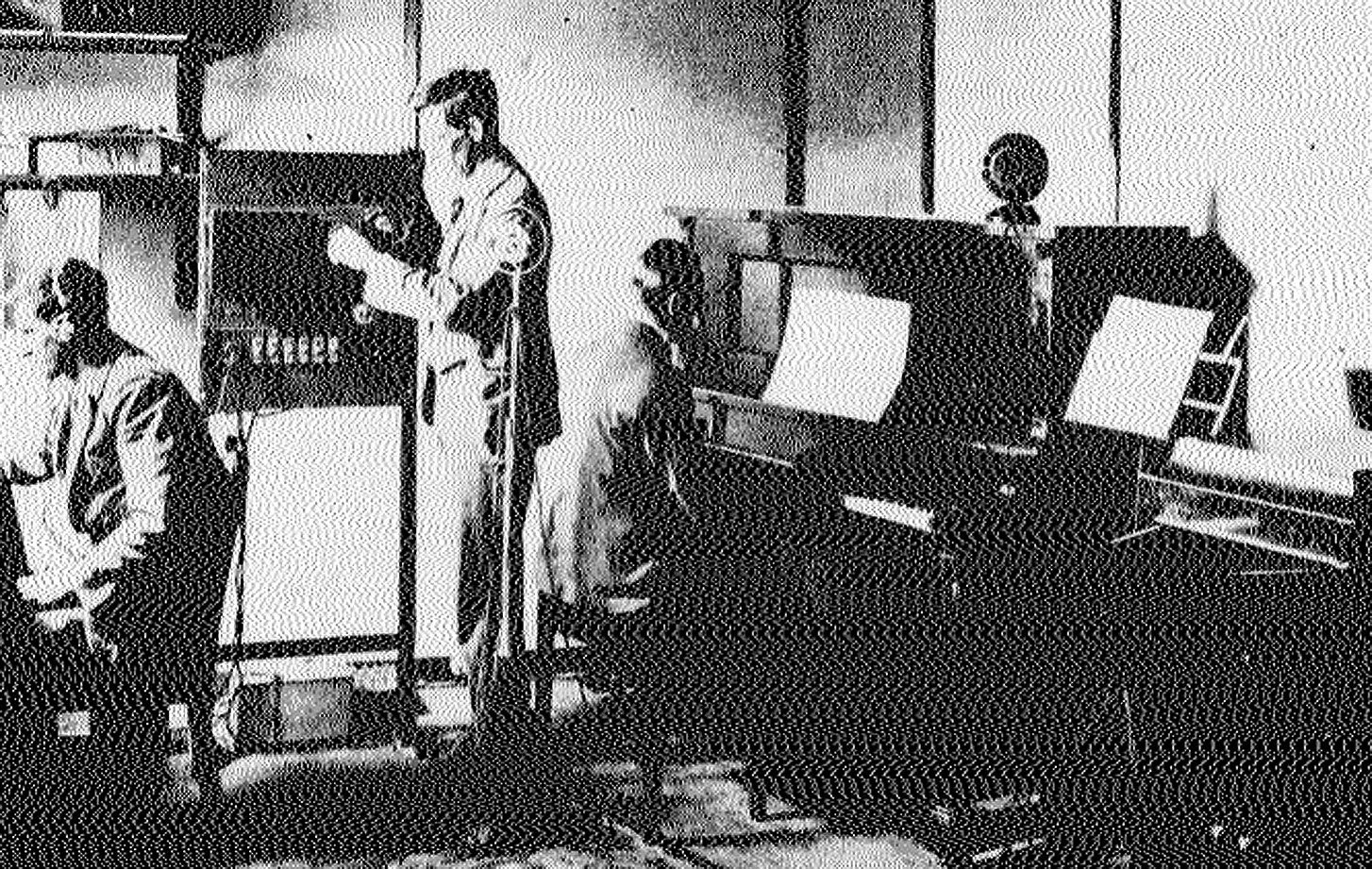Entertainment
Radio New Zealand Celebrates 100 Years with New Scholarships

Radio New Zealand marks a significant milestone as it celebrates its centenary on November 17, 2025. The country’s sole public broadcaster will award the Centenary Scholarships to five outstanding journalism students, aiming to foster new talent in the field. While this initiative highlights the broadcaster’s commitment to journalism education, it also reflects the challenges the organization faces in an evolving media landscape.
Despite the centennial celebration, Radio New Zealand has seen audience figures decline and budget cuts impacting its operations. Although there is a surge in digital engagement through websites and podcasts, traditional live radio listenership continues to dwindle. This shift underscores a broader trend where technology has transformed how audiences consume media, making live radio broadcasts feel increasingly antiquated.
A Historical Perspective on Public Broadcasting
The history of public radio in New Zealand dates back to its inaugural broadcast on November 17, 1925. The Radio Broadcasting Company (RBC), Radio New Zealand’s predecessor, began its operations from Dunedin with the callsign VLDN. This initial broadcast was part of the Dunedin and South Seas Exhibition, where the RBC aimed to showcase live events and music to listeners throughout Australasia.
The RBC’s first transmission faced numerous technical challenges, including suboptimal transmitter placement and interference from local attractions such as the “Dodgem Car” rides. Despite these hurdles, the excitement surrounding the broadcast was palpable. Listeners in places like Oamaru reported hearing speeches and music as clearly as if they were present at the venue.
As the years progressed, public broadcasting evolved significantly. The advent of commercial radio introduced advertising, while television brought a new dimension to entertainment. In the century since its inception, the media landscape has changed dramatically, with the once revolutionary concept of live broadcasting now competing against a myriad of digital platforms and content types.
Looking to the Future
As Radio New Zealand reflects on its past, it also looks forward to the future of broadcasting. The introduction of the Centenary Scholarships aims to inspire a new generation of journalists who can adapt to the changing media environment. These scholarships not only celebrate a century of public broadcasting but also emphasize the importance of quality journalism in an era dominated by rapid technological advancements.
While the challenges are significant, the legacy of Radio New Zealand serves as a reminder of the vital role public broadcasting plays in society. The broadcaster continues to provide essential news coverage and cultural programming, maintaining its relevance in the modern media landscape. As it enters its second century, the organization remains committed to innovation and excellence in journalism.
In conclusion, the centenary of Radio New Zealand is both a celebration of its rich history and a recognition of the hurdles that lie ahead. As the broadcaster embarks on its next chapter, it seeks to adapt and thrive in an increasingly digital world, ensuring that the spirit of public broadcasting endures.
-

 World3 months ago
World3 months agoTest Your Knowledge: Take the Herald’s Afternoon Quiz Today
-

 Sports4 months ago
Sports4 months agoPM Faces Backlash from Fans During Netball Trophy Ceremony
-

 Lifestyle4 months ago
Lifestyle4 months agoDunedin Designers Win Top Award at Hokonui Fashion Event
-

 Sports3 months ago
Sports3 months agoLiam Lawson Launches New Era for Racing Bulls with Strong Start
-

 Lifestyle3 months ago
Lifestyle3 months agoDisney Fan Reveals Dress Code Tips for Park Visitors
-

 World4 months ago
World4 months agoCoalition Forms to Preserve Māori Wards in Hawke’s Bay
-

 Health4 months ago
Health4 months agoWalking Faster Offers Major Health Benefits for Older Adults
-

 Politics3 months ago
Politics3 months agoScots Rally with Humor and Music to Protest Trump’s Visit
-

 Entertainment4 months ago
Entertainment4 months agoExperience the Excitement of ‘Chief of War’ in Oʻahu
-

 Top Stories4 months ago
Top Stories4 months agoUK and India Finalize Trade Deal to Boost Economic Ties
-

 World4 months ago
World4 months agoHuntly Begins Water Pipe Flushing to Resolve Brown Water Issue
-

 Science4 months ago
Science4 months agoNew Interactive Map Reveals Wairarapa Valley’s Geological Secrets









